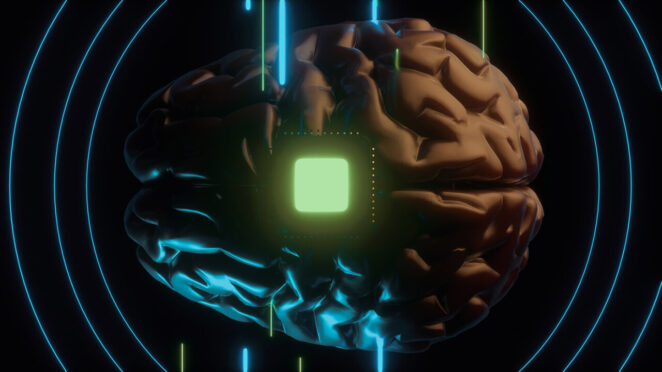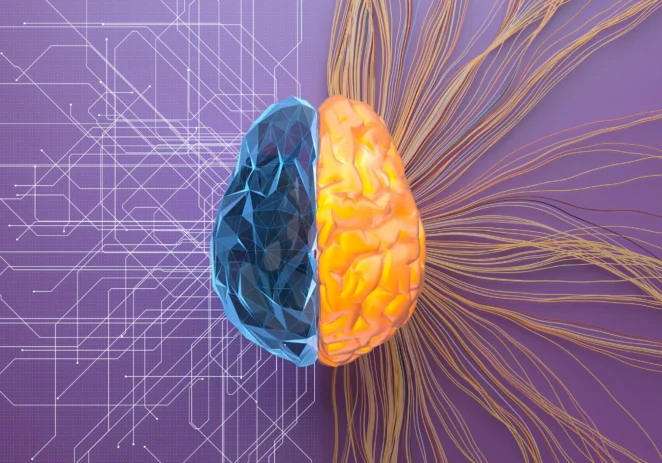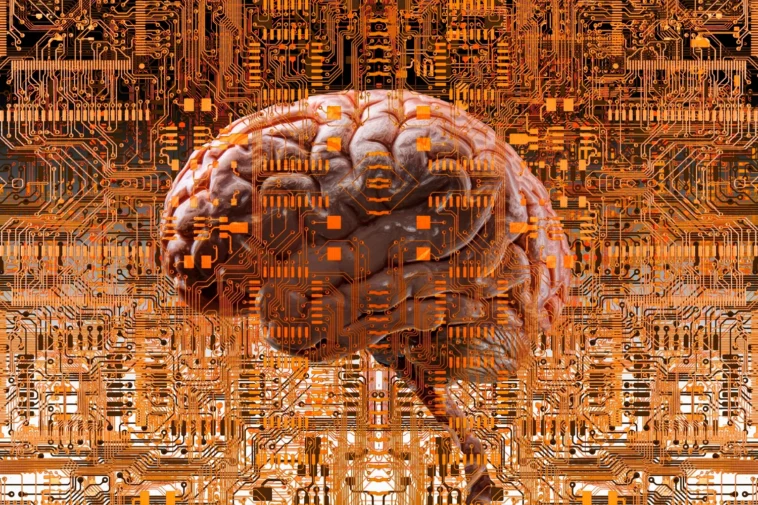Technological progress has undeniably made our lives easier and more complete. It seems to us that technology makes us omnipotent and capable. But that, unfortunately, is an illusion. Technology advances, and in so many ways makes our lives simpler than they used to be, but the fact is that our brains are suffering the consequences. Research shows that being exposed to millions of data comes at a price and could lower your IQ level and intelligence.
The Benefits of Technology on Life
Undoubtedly, never in history has the spread of information been as fast as it is today. Instead of sending letters by classic mail and waiting for a response for days, now we can communicate with people at any distance instantly, through different devices equipped with different programs, from almost anywhere on Earth. The most complicated mathematical calculations, which used to be done gradually on paper, can now be done in a few seconds on computers or smartphones.
Although this sounds very practical, our brains need to be trained by doing these complex mathematical calculations, and in return the brain’s cognitive functions are improved and the person shown with high IQ. We should never take this fact for granted, because these functions are super important when we reach old age, making us less prone to dementia.
However, people increasingly rely on technology in their daily activities. Some experts believe that this can lead to dulling and neglect of mental activities, causing passivity and a lower level of intelligence. According to multiple research, it has been shown that excessive use of technological devices changes brain activity, making us, simply put, dumber. If you don’t feel persuaded yet, try handling one of the IQ tests on iq-online-test.com to measure your cognitive ability and know your IQ level and determine how smart you are in problem solving.
In the following lines, we will try to explain concretely how technology affects our brains.
The Excessive Use of Smartphones

Smartphones additionally disrupt attention – Smartphones, the Internet, games, news portals, e-mails, and everything that distracts us and disturbs our concentration are constantly with us. We notice that in recent years, many people do not look up from their phones for hours. All this contributes to certain parts of the brain being underutilized. Also, performing several tasks at the same time leads to an increase in stress, which causes us to make mistakes more often.
The Reliance on GPS System
Excessive reliance on GPS devices negatively affects the human brain. The hippocampus is a part of the brain that, among other things, is responsible for memory and navigation. We practice it every time we orient ourselves in space. If we don’t practice it enough, problems can appear over the years. Therefore, it is recommended that we turn off the GPS whenever possible and find a way to exercise the brain.
How the Internet Influenced Our Way of Thinking

The availability of modern technologies allows access to the Internet, where there is a large number of social networks, through which people often “chat” for a long time, not paying attention to spelling or correct expression. Words are replaced by smileys and abbreviations. Due to the speed of time in which we live, internet sites and blogs that favor short and superficial news and information are not much better either.
Excessive use of the Internet leads to a weakening of attention and “shallow” thinking – There is finally a lot of information on the Internet about all topics of interest to modern man. However, numerous studies show that precisely this abundance of data makes our concentration weak, we are easily distracted by irrelevant details and lack more detailed thinking. The time people spend on the Internet is reduced to short-term stimulants that negatively affect our nerve connections, change processes in the brain and make us start to think very superficially. But that is not all. The Internet can also harm our ability to remember because the need to remember anything disappears since everything exists online. However, the ability to memorize is one of the basic indicators of intelligence.
Constantly jumping from one activity to another has a positive effect on the secretion of dopamine, i.e. the hormone of happiness, but scientists have proven that it harms intelligence. Multitasking lowers IQ more than being drunk or lacking sleep. Moreover, then the overall efficiency also decreases compared to the fact that the tasks are performed one after the other.
How Our Brain Can Be Impacted

The brain is an organ that functionally develops and changes with age. Under the influence of certain experiences and stimuli from the environment, the complex network of nerve cells in parts of the brain changes, so in addition to functional changes, there are also changes in the shape of the brain itself.
For example, daily exposure to digital technology stimulates changes in the brain in such a way that new neural pathways are gradually created and strengthened, while at the same time old pathways weaken. In the age of the Internet, the human brain processes and stores “floods” of information faster than ever before, and our brains adapt to today’s demands and can perform multiple tasks at the same time (processing more and more different information at the same time). Numerous studies show that spending a certain amount of time at the computer is beneficial for adults, as it leads to an increase in the ability to work with information, and also prevents cognitive decline in old age (reduces the likelihood of Alzheimer’s disease and dementia).
But what is happening and what are the consequences for the brains of children and young people? The fact is that today’s youth have a significantly different network of nerve connections and pathways in the brain compared to the generations that entered the digital age as adults. The basic neural connections and pathways of adult individuals were created at a time when most information and communication took place and were exchanged through direct social contact. The basic neural connections and paths of young people were formed in a technological era characterized by a decrease in direct social contacts and an increase in the number of available and processed information.

Final Thought
It is necessary to accept new progress and adapt to technological changes because in this way we will progress ourselves. However, it should also be emphasized that the blame for the negative consequences of the use of modern technology cannot be placed on the technology itself. After all, we always have a choice to decide what kind of life we are living, and how we bring up our children.




